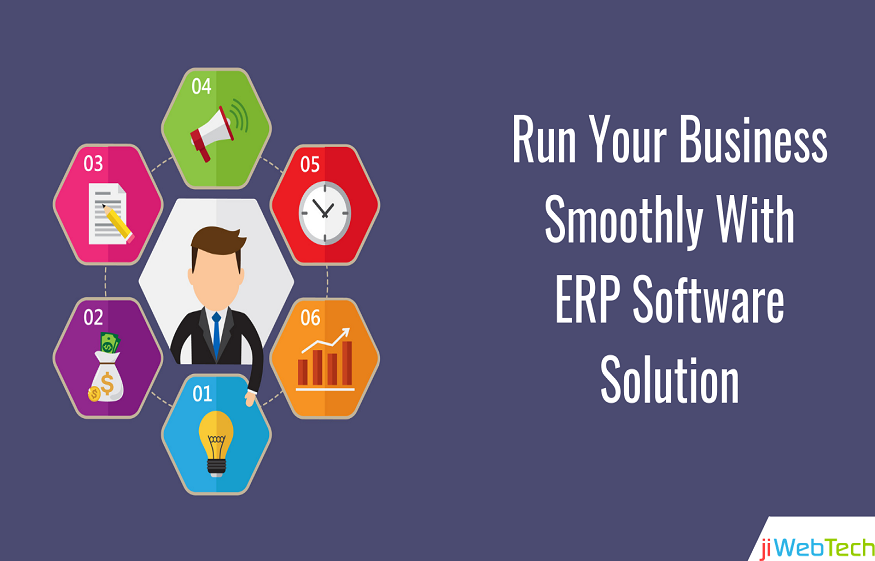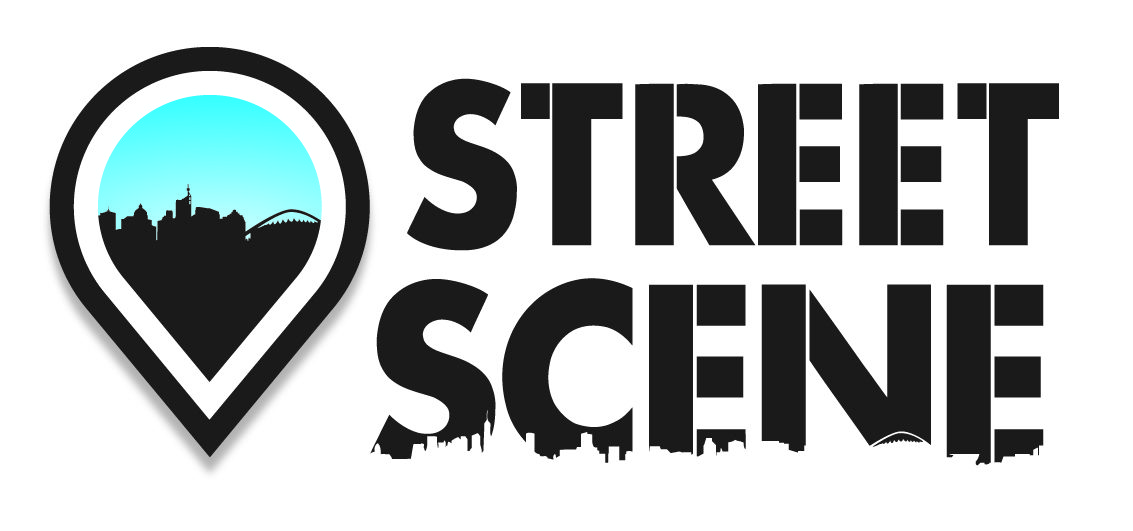
Enterprise resource planning (ERP) is a software solution that companies use to automate their back-end operations. These tasks generally include supply chain activities, accounting, risk management, warehousing, material procurement, and customer services. With this platform, they can even streamline all of their business processes to boost internal efficiency within the organization.
How does ERP software solution work?
The enterprise resource planning software solutions which companies use have the followingstandard features:
- A centralized database for collecting information,
- An integrated platform for streamlining business processes,
- A user-friendly interface which is compatible with other business solutions,
- The real-time operation, and
- Support for other business applications
- call center screen monitoring
Enterprise resource planning software systems collect informationfrom different departments. The solutions then analyze, compare, and distribute this data to produce reliable metrics. Based on the available metrics, the platform preparesnumerous business reports for the managers. By carefully studying the contents ofthe reports, they can get insight into the companies’ performance. They can identify shortcomings in the business processes and take necessary action for arresting these issues. It even helps them to make better decisions on improving profitsand cash flow processes in the organization.
When do companies need a suitable ERP solution?
Companies need to install and operate a suitable enterprise resource planning solution for their businesses when:
- Accessing information from numerous spreadsheets is becoming difficult,
- The existing IT infrastructure cannot meet their growth needs,
- Managing back-end business processes becomes time-consuming,
- Their current business systems are not compatible with the latest technology, and
- Inaccurate business dataare leading to a dip in business profits.
Types of ERP solutions available to companies
ERP software systems available to companies generally fall into the following three categories:
- On-premise platform,
- Cloud-basedsoftware, and
- Hybrid solution.
The on-premise software platform fits into the companies’ existing IT infrastructure. They have complete control and ownership of theERP system. Cloud-based ERP refers to a web-based solution that enables them to access data from their existing computers.They have to hire a reliable service provider offering them this facility. The hybrid ERP system is a combination of both the on-premise and cloud-based platforms.
How to choose the right ERP solution?
Companies need to consider the followingfactors when choosing the right ERP solution for their businesses:
- The platform should align with their organizational goals,
- It should easily integrate into their existing infrastructure,
- The system should be compatible with the latest technology,
- The software solution should not difficult for their employees to operate, and
- It should be scalable to their growth needs.
Advantages of operating ERP solutions
Companies enjoy the following benefits by installing and using a suitable ERP system:
- Streamlines business workflow,
- Provides real-time information for better decision-making,
- Minimizes operating costs,
- Boosts productivity, and
- Improves communication and collaboration between different departments
Operating a suitable ERP software solution allows companies to take their commercial activities to the next level. The system enables them to streamline their business processes to boost productivity and revenue. It even enhancescommunication and collaboration between different departments. This results in a significant reduction in operating costs. Moreover, the managers have instant access to real-time information to make better decisions that help the company to grow positively.

